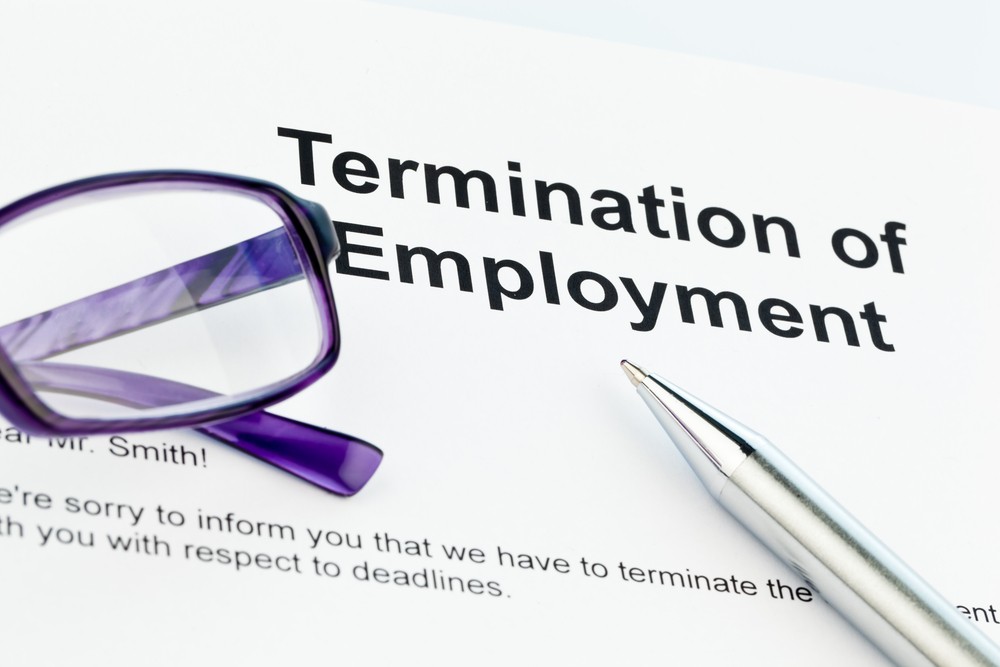
December 9, 2023, 11:45 am
Termination is a challenging and often distressing experience, both for the employee facing it and for the employer making the decision. While it can be an emotional and difficult process, it is essential for dental practices, like any other organization, to have clear policies and procedures in place to address underperformance, misconduct, or other issues that may lead to termination. In this dental blog, we will explore why an employee should not be surprised by the decision to terminate their employment and the importance of effective communication and due process in the workplace.
1. Open and Transparent Communication:
One of the cornerstones of a healthy workplace is open and transparent communication. When employees are not meeting performance expectations or have violated workplace policies, it is the responsibility of the employer to initiate a dialogue with the employee. Clear and honest communication should occur well in advance of any termination decision. Here's why:
Feedback and Improvement: Regular feedback helps employees understand their strengths and weaknesses, allowing them to make improvements and correct any issues.
Opportunity to Address Concerns: Employees who are aware of their performance issues or policy violations have the opportunity to address these concerns, seek support, or make necessary changes.
Legal and Ethical Obligations: Employment laws and ethical guidelines often require employers to provide employees with notice of performance issues and an opportunity to correct them before resorting to termination.
Maintaining Trust and Morale: Open communication fosters trust and maintains a positive work environment, even when difficult conversations are required.
2. Progressive Discipline Policies:
Dental practices, like other organizations, should have progressive discipline policies in place. These policies outline a step-by-step approach to addressing employee performance or behavioral issues. This may include verbal warnings, written warnings, and performance improvement plans (PIPs). Here's why these policies matter:
Fairness and Consistency: Progressive discipline ensures that disciplinary actions are consistent and fair across the organization. Employees are aware of the consequences of their actions and the process that will be followed.
Legal Protection: A documented progressive discipline process can provide legal protection for the employer in case of disputes or legal challenges related to terminations.
Opportunity for Improvement: The process allows employees the opportunity to understand the gravity of their actions or performance issues and gives them the chance to correct their behavior or improve their performance.
3. Due Process and Documentation:
Before terminating an employee, it is critical for employers to follow due process and maintain thorough documentation of the issues leading to the decision. Proper documentation serves several purposes:
Legal Protection: In the event of a legal dispute or claim, documentation serves as evidence that the termination decision was based on valid reasons and not discrimination or unfair treatment.
Consistency: Documentation ensures that the reasons for termination are consistent and based on facts.
Clarity: Detailed documentation clarifies the sequence of events, highlighting the employee's opportunities for improvement and the reasons for termination.
4. Employee Involvement:
In many cases, involving the employee in the process can help ensure that the termination decision is not a surprise. This may include:
Performance Improvement Plans (PIPs): Discussing a PIP with the employee gives them an opportunity to understand the performance expectations and work together with their supervisor to meet these goals.
Exit Interviews: Conducting exit interviews can provide employees with a platform to express their concerns and feelings about the termination process.
5. Emotional Impact:
Termination is a significant event in an employee's life, and it can be emotionally challenging. Knowing in advance that performance or conduct issues are putting their job at risk can help employees better prepare for the possibility of termination. They can begin to explore new job opportunities, secure their financial stability, and seek support from friends and family.
6. Positive Impact on Workplace Morale:
When employees see that their employers are proactive in addressing performance or behavioral issues, it can have a positive impact on workplace morale. Employees are more likely to feel that they are working in a fair and supportive environment where their concerns are addressed promptly.
Conclusion:
Termination should not come as a surprise to an employee in a well-managed dental practice. Clear and open communication, progressive discipline policies, due process, and proper documentation are crucial aspects of effective termination processes. These practices ensure that employees are aware of performance or conduct issues, understand the consequences, and have opportunities to improve. A well-managed termination process also helps protect the legal and ethical rights of both employees and employers and contributes to a more positive and respectful workplace culture.
